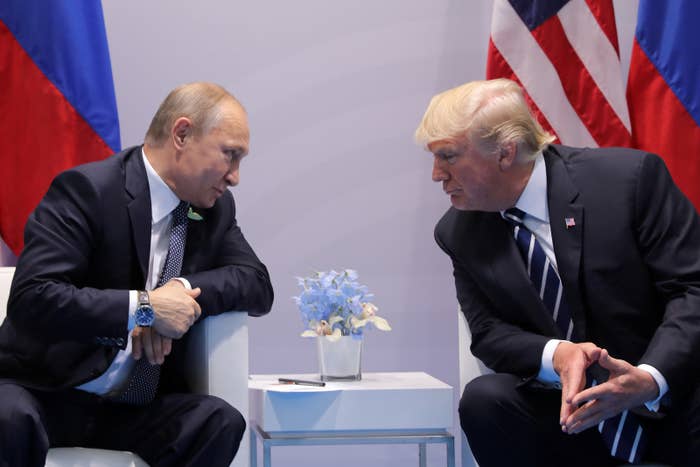
After a two-day roller coaster of a NATO summit in which President Donald Trump called Germany a captive of Russia, said countries should commit to spending 4% of GDP on defense, threatened that the United States could “go it alone,” the president then turned around and held a press conference in which he said countries had increased their commitment and that now NATO is happy and successful.
It is on that somewhat confusing note that the US president will move on to his Monday meeting with Russian President Vladimir Putin in Helsinki.
Here are the topics that experts in Washington expect the two men to discuss.
NATO, military exercises, and Northern Macedonia

Despite the chaos and confusion, the statement that came out of the NATO summit took a strong stance against Russia, and Trump’s calls for increased NATO defense spending aren’t exactly music to the Kremlin’s ears (although certainly division within the alliance is not unhelpful to the Russian leadership).
Nevertheless, while NATO still exists, certain NATO exercises might not after the Helsinki summit. At his impromptu press conference on Tuesday, Trump did not rule out suspending military exercises in the Baltic states. “Perhaps we’ll talk about that,” he said.
Could Putin also bring up the matter of NATO’s potential newest member — the country that, if all goes according to plan, will soon be known as Northern Macedonia? Greece recently expelled Russian diplomats, apparently in response to attempts to bribe local officials and Greek Orthodox Church leaders to derail an agreement that would settle a dispute between Greece and Macedonia over what the former Yugoslav republic should be called. Such a settlement would allow Greece to drop its objection to the newly dubbed Northern Macedonia to join both NATO and the European Union.
Putin generally treats NATO expansion as a provocation, and has already said Macedonia is being sucked into NATO “by force.” On the one hand, it’s possible that Putin could present the idea that admitting Northern Macedonia would be damaging to US–Russia relations. On the other hand, Northern Macedonia is far from the most important issue to the Kremlin, Maria Snegovaya, an adjunct fellow at the Center for European Policy Analysis in Washington, DC, tells BuzzFeed News. “In fact, some pro-Kremlin sources suggest it might mean that Russia's support group will increase in NATO. So the Kremlin doesn't seem to treat that as a serious threat,” she adds.
Sanctions
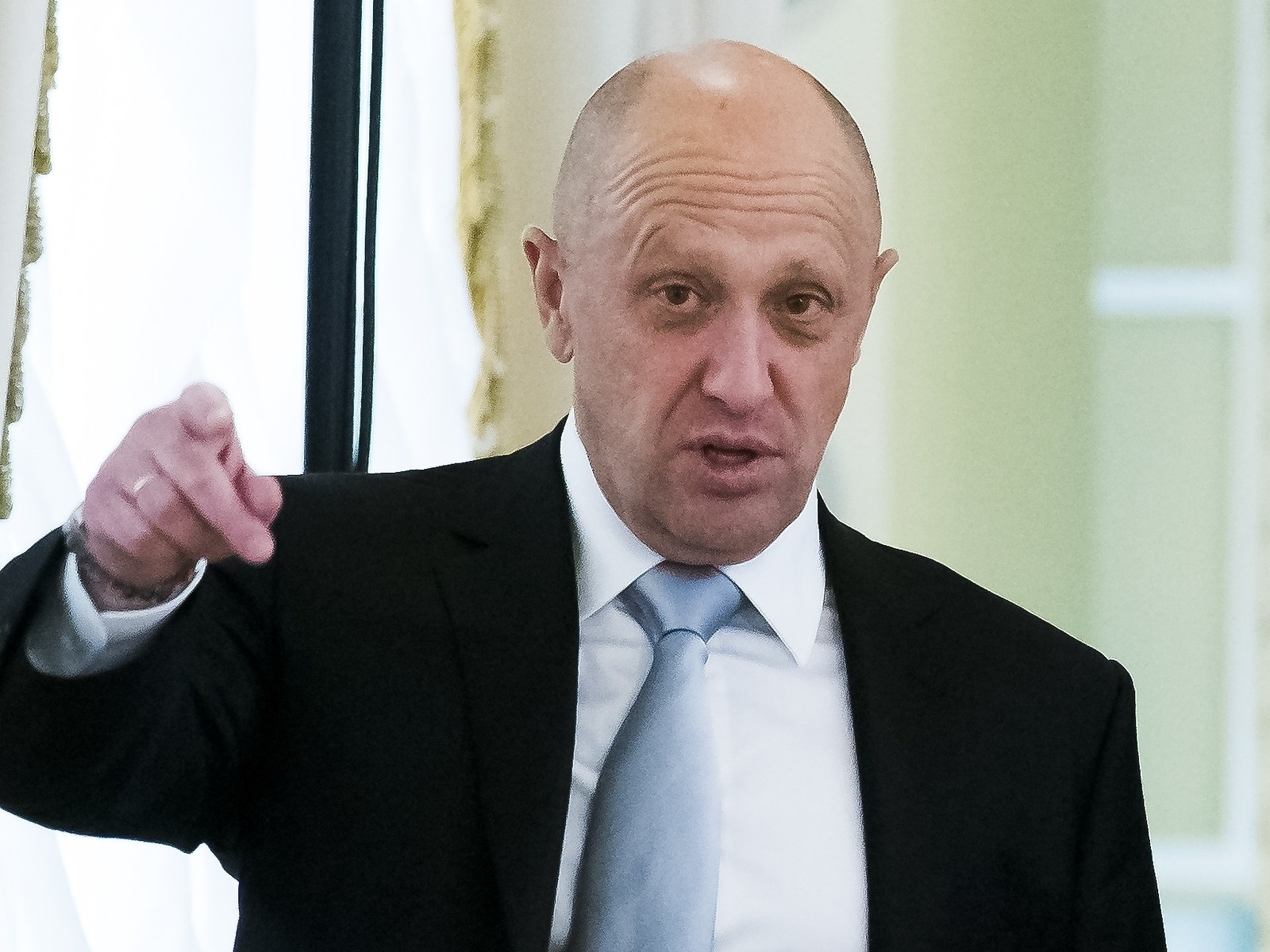
Trump would have a difficult time unilaterally lifting sanctions imposed on Russians, either over Russia’s annexation of Crimea and activity in Ukraine since 2014 or over election meddling and “malign activity” more recently. But Putin can certainly raise the issue of sanctions and their impact on US–Russia relations.
Recent sanctions intended to target Putin’s “inner circle” have come out of Trump’s Treasury Department from a list of individuals that Congress ordered the department to compile. That means Putin might attempt to persuade Trump at a minimum not to impose new sanctions.
Crimea
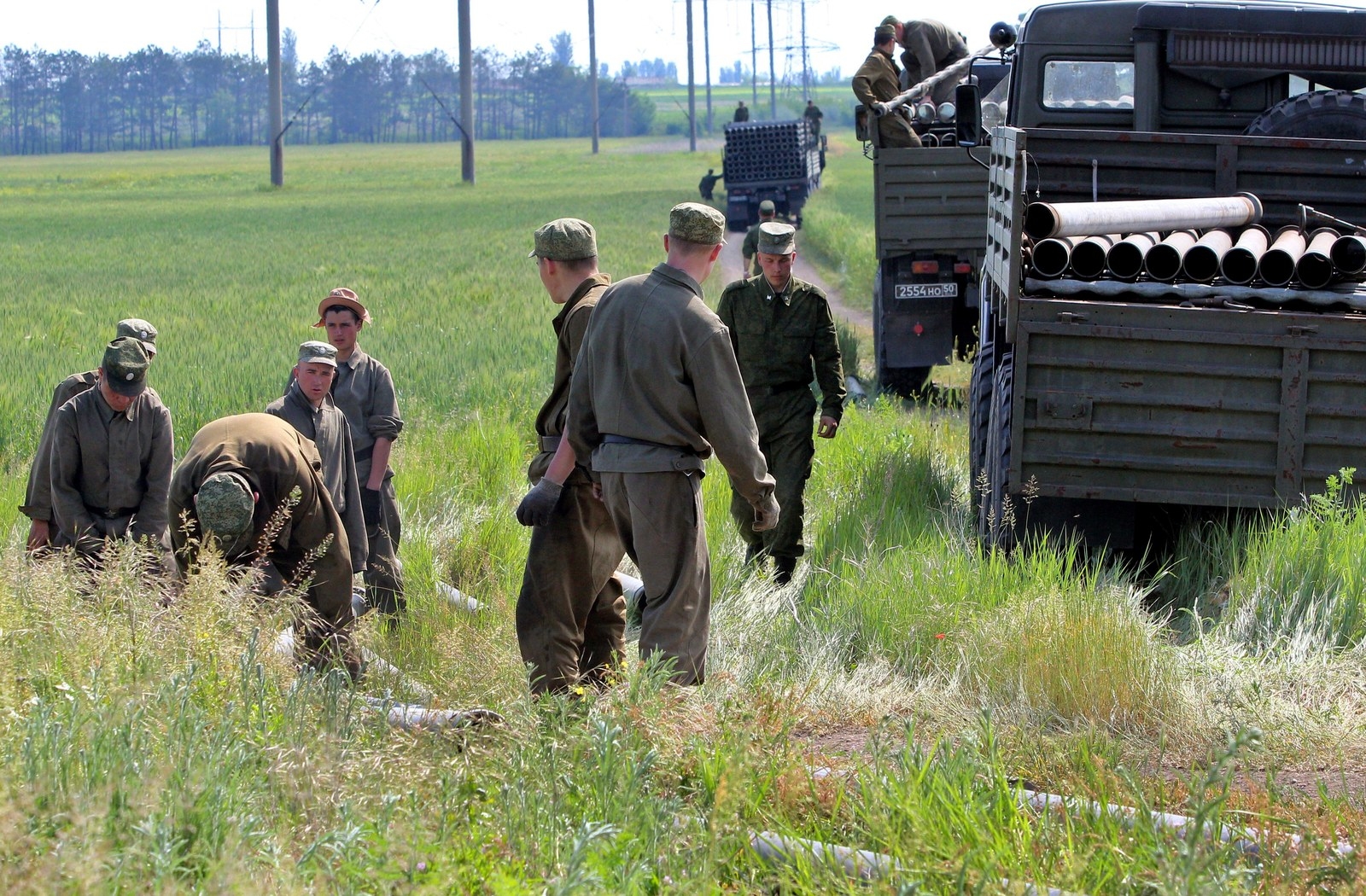
While Trump himself can’t unilaterally lift sanctions on Russia over its behavior toward Crimea specifically and Ukraine more generally, he can still prove helpful to Putin. Countries in the European Union have stood firm and together on the issue of sanctions over Russian involvement in Ukraine — so far. But “he can still cause a lot of damage,” says Brian O’Toole, who worked at the Treasury Department from 2009 to 2017, including as a senior adviser to the director of the Office of Foreign Assets Control, which enforces sanctions.
If Trump makes clear he’s skeptical of sanctions over Ukraine, it could be taken as a green light by some European countries that have been looking for a reason to lift them. “The danger is that Trump emboldens someone like the new Italian government,” says O’Toole, who is now affiliated with the Atlantic Council, a think tank based in Washington, DC. “It’s the danger to the unity on the sanctions that’s at stake.”
That's a concern of European leaders. A spokesperson for the British government said it was an issue that has been raised with the United States. “The Prime Minister has been making the case for continued sanctions on Russia until it changes path, and to preserve EU-US unity — our strongest asset against the Russian threat,” the spokesperson wrote in an email. “The prime minister made the point that it is important to ensure that Putin receives a tough, consistent message from the West in order for engagement to be effective and in our interests.”
Crimea could give the two presidents fodder in another way, too. “Trump kept blaming Crimea on Obama, and this is something where potentially Moscow could use that in order to reset the relationship with Trump, the United States — blaming previous disruptions on Obama,” says Snegovaya.
Nuclear weapons
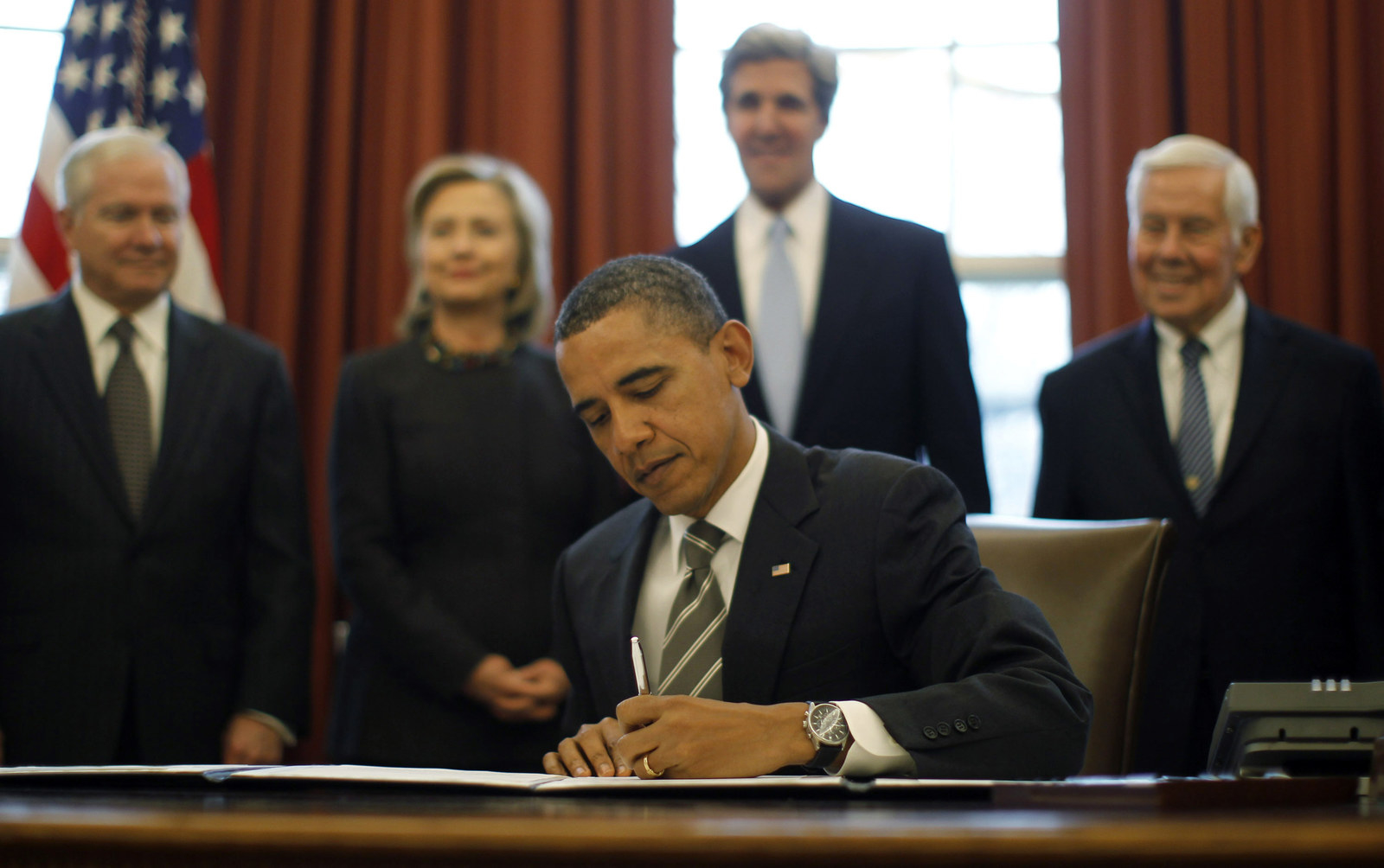
Another potential area of cooperation: arms control. New START, the nuclear arms reduction treaty between the United States and Russia that Obama signed in 2010 and went into effect in 2011, expires in 2021 — but has an option to be extended until 2026. If Trump can swallow signing an Obama-era treaty, or if Putin and Trump can agree to start working on a new treaty, arms control could be a potential deliverable of the summit.
Such an outcome could garner the summit, and Trump, some support from an unlikely group: Senate Democrats. Ranking members of the Senate's Foreign Relations, Armed Services, and Intelligence committees recently introduced a resolution calling on the administration to extend New START, unless Russia is found to be in breach of the treaty.
"When the New START treaty was submitted to the Senate in 2010, I was pleased to vote for it alongside a large bipartisan group of my colleagues. The New START treaty has enhanced U.S. national security by reducing Russia’s nuclear forces and providing transparency into its nuclear posture," Sen. Bob Menendez, ranking member from the Senate Foreign Relations Committee, said in a statement to BuzzFeed News. "The resolution I introduced that would support the extension of the agreement until 2026, assuming Russia continues to comply with the treaty, is a practical, straight-forward, and effective way to maintain strategic stability during a period of heightened tensions."
Syria
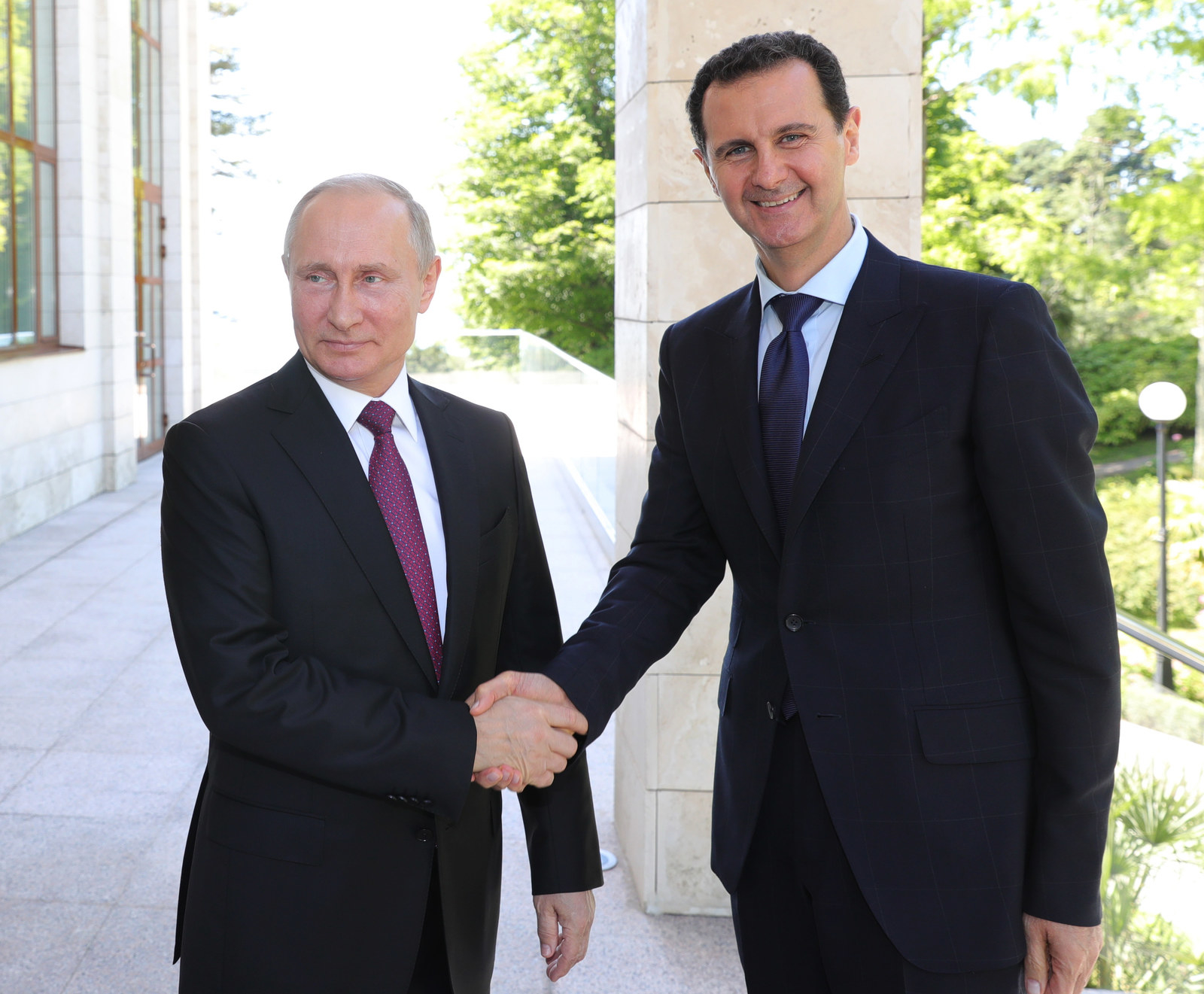
Trump has insisted repeatedly that having a good relationship with Putin would be beneficial in part because the United States could use Russia’s help in Syria. Leaving aside that some would argue Russia’s active support for Bashar al-Assad’s government is part of the problem in Syria, the violence in the country is likely to come up between the two leaders. Russia apparently has agreed, at least in theory, that Iranian-backed troops in southern Syria could be replaced by other troops loyal to the Syrian regime in order to keep those backed by Iran from Israel’s border. Whether Russia could enforce such an arrangement, or if Trump can convince Putin to further disentangle itself from Iran in Syria, is a separate question.
Energy
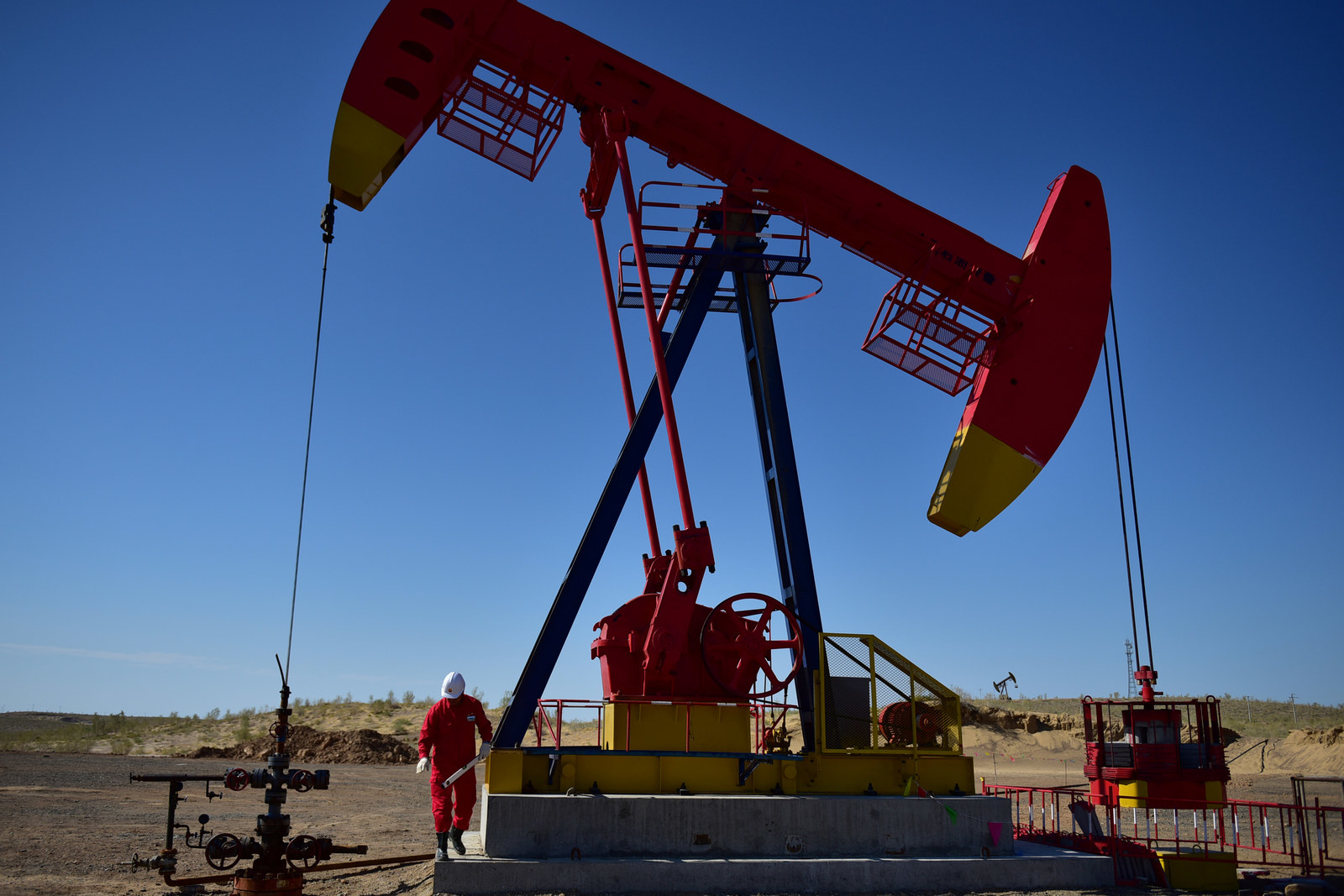
Putin has also reportedly been reading up on oil ahead of his meeting with Trump, given that Trump may ask Russia to add crude supplies to the market to lower prices. It’s unclear exactly how much Russia could add, and Russia has publicly blamed the Trump administration’s posture toward Iran, including walking away from the Joint Comprehensive Plan of Action or Iran nuclear deal, for rising crude prices. A senior State Department official said the Trump administration expects countries to cut their imports of Iranian crude oil to zero by early November, and threatened sanctions if countries did not comply, though Secretary of State Mike Pompeo walked that threat back, perhaps because it was pointed out that oil prices had risen about 14% this year, including after Trump announced the United States would withdraw from the Iran nuclear deal.
But Iranian oil is unlikely to be the only energy-related subject Putin will have on his mind. At the NATO summit, Trump very publicly chastised Germany for pursuing Nord Stream II, a natural gas pipeline project that would link Russia and Germany. Trump’s framing of the issue — and his declaration that Germany is captive to Russia — distracted from the fact that several NATO allies, in particular Poland and the Baltic states, are highly critical of Nord Stream II, which they see as increasing dependence on Russia and decreasing continental security.
The US State Department reportedly has considered sanctioning those European companies involved in the project. None of that will sit well with Putin, who recognizes Nord Stream II as one of his country’s most important diplomatic tools, making the pipeline a possible point of conflict (or, alternatively, agreement) between the two.
Election meddling
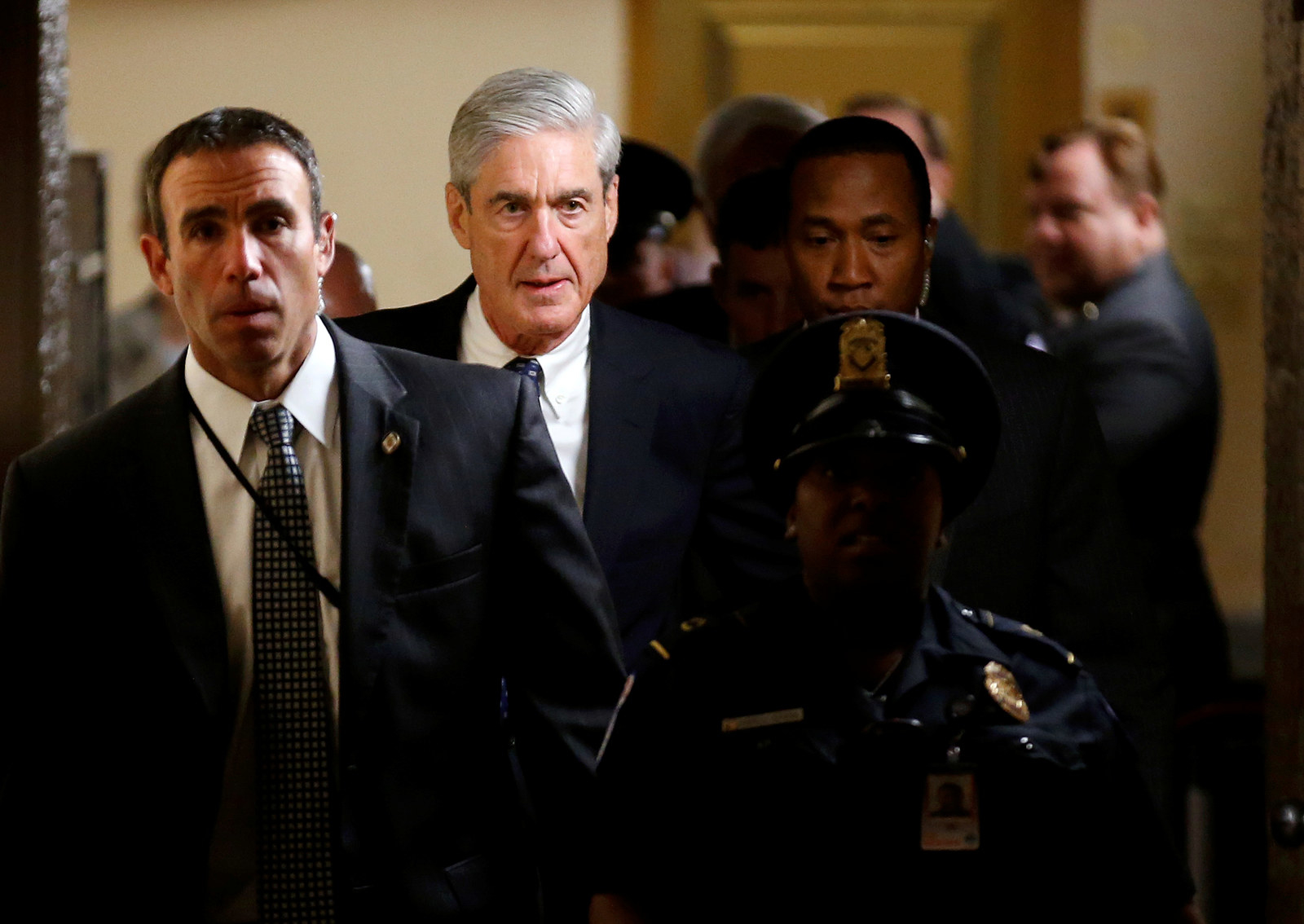
Finally, Trump has pledged to bring up the topic of election meddling with his Russian counterpart. Trump acknowledged that Putin may deny it, but insisted, “All I can do is say ‘Did you?’ and ‘Don’t do it again.’”
But the two may do something else, Snegovaya says. Trump, she says, could be “really interested in some statement from Moscow promising not to meddle in the US elections — they could come up with [something] agreeing they’re not going to meddle in each other’s elections.”
Such a statement would put the US's claims of election meddling by Russia on par with those made by Russian authorities that the United States involves itself in Russian elections. In terms of actually preventing future election meddling, such a statement would be “meaningless,” but it could allow Trump to say that he’s effectively addressed the issue with Putin.
“Overall, the threat … is that Putin is a shrewd, political negotiator. Trump so far has not made the same impression,” Snegovaya says. “At all.”

